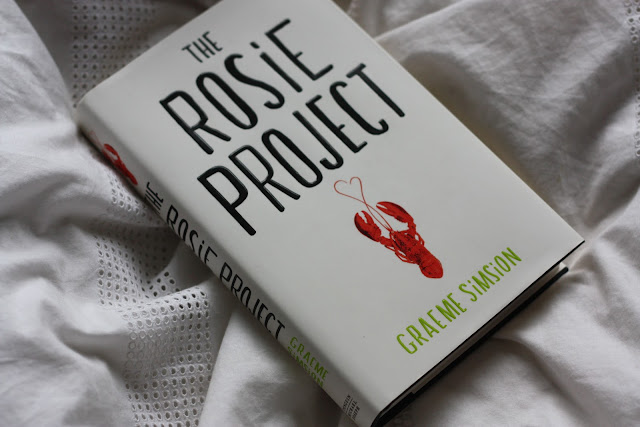Director: Brian Percival
Starring: Sophie Nelisse, Geoffrey Rush, Emily Watson
Running time: 131 minutes
Rating: ★★★★☆
Adapting Markus Zusak’s The Book Thief, a novel that has spent over 230 weeks on the New York Times Bestseller list, was always going to be an exciting prospect, but also a notably difficult one. How do you do justice to a novel that is narrated by Death? Brian Percival seems to know how. The unnerving omniscient narrator is introduced as the film opens amongst the buoyant and fluffy clouds. Percival seamlessly incorporates Death, managing to avoid uncomfortably and jarringly inhibiting the story of Nazi Germany and the inhabitants of ‘Heaven Street’. Death is subtly assimilated by interesting camera angles such as those from the hatch of a bombing plane. We see him indiscriminatingly claim his victims as the bombs are dropped and the village is illuminated and destroyed.
From the very beginning, the randomness of death, and the vulnerability of life, is portrayed. Reminiscent of a Harry Potter death-eater scene, the shot sweeps through the train carriage as Death intimidatingly glares at the nameless bodies, before selecting his victim and taking a child’s life – the first of many. Liesel (Sophie Nélisse) haunts Death, eluding his grasp on each of their encounters.
The casting of the film is responsible for successfully unfolding such an affecting story. Tears and laughter come hand in hand as we watch a young girl move in with her foster family, and try to enjoy a normal childhood. Geoffrey Rush, as Hans, doesn’t disappoint in reflecting the sensitive Papa, who teaches Liesel to read, inspiring her love and appreciation for books just at a time that they are being ruthlessly burned. Emily Watson, as Rosa, steals the show. She skilfully represents Mama, an uptight woman desperately trying to feed her family and losing business every day. The childhood friendship of Liesel and the endearingly infatuated Rudy (Nico Liersch) is excellently and convincingly portrayed. The scenes of childhood play partially transport the audience away from Nazi Germany into a place of youthful innocence and naivety.
The book and film offer an interesting perspective on Nazi Germany from the domestic life of German non-conformists, removing the focus from the political side of the war. There is a sense of naivety as Liesel fails to understand why she can’t say she hates Hitler, and why you can’t hide a Jew. Although at times this does seems slightly unrealistic, it works to convey the senselessness of the circumstances.
There were several incongruous parts, such as the strangely unmaimed corpses of the inhabitants of a village that has been destroyed. However, the fantastical gloss seems to allow for these slight oddities, or perhaps it’s because the film is partially from Liesel’s innocent perspective. In this sense the uninjured corpses represent the message that death will come to everybody, and for those with love, it will do so in peace. Given the serious subject matter, the tone is certainly far from dark and gritty. Some of the scenes almost seem incongruously picturesque, as a steam train makes its path through blankets of virgin snow, or as the village is depicted as a perfect biscuit-box Bavarian town. Perhaps these artistic glosses are what enable the message to be conveyed: despite the political atrocities of Nazi repression, you have to live your life by enjoying the small things, looking for beauty, and taking risks for what you love. You have to steal a book, or hide a Jew.
Have you read the book or seen the film? What did you think?






















